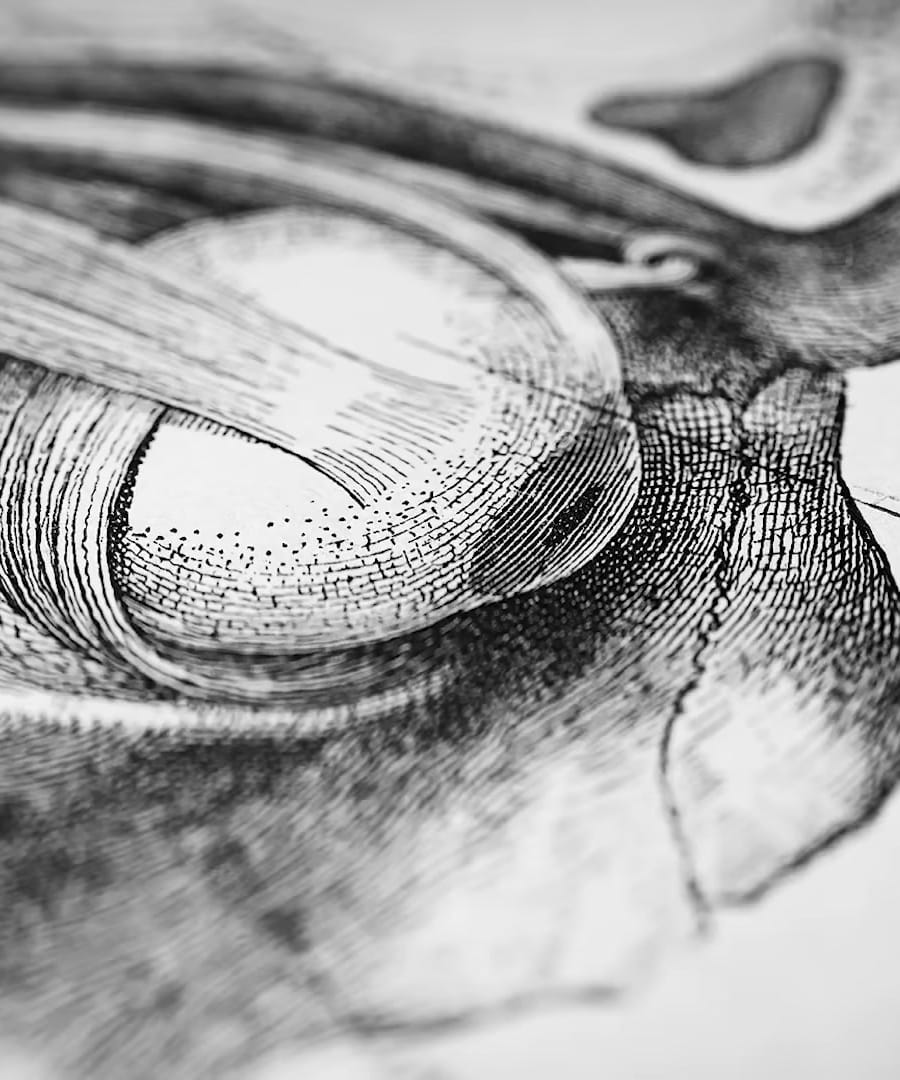When should I abstain from caffeine?
Sources:
Caffeine consumption should be approached with consideration for its effects on sleep and overall health. Here are some recommendations from regarding when to abstain or be cautious with caffeine:
- For Adolescents and Young Adults: It is recommended to avoid caffeine consumption until around the age of 18 if possible. Young brains should not be bathed in caffeine, an adenosine receptor antagonist, which could affect brain development 1.
- To Reduce Jitters and Anxiety: Some energy drinks contain L-theanine to counteract the jittery effects of caffeine, which allows individuals to consume more caffeine without feeling overstimulated. However, teenagers should still limit caffeine intake, and clean sources like coffee or tea are preferable 2.
- Prior to Sleep: To preserve sleep quality, avoid caffeine intake within 8-12 hours prior to sleep. This approach helps prevent disruptions to slow-wave sleep, which is essential for physical health and performance 3.
- To Avoid Afternoon Crash: Delay caffeine intake until 90-120 minutes after waking. This helps maintain adenosine levels and prevent an energy dip in the early afternoon. It also reduces the chances of disrupting sleep later 4.
- If Not Regularly Consumed: If you're not accustomed to caffeine or are sensitive to it, avoid caffeine on any important mental or physical challenge day, as it might cause anxiety or affect thermal regulation and focus 5.
Following these guidelines can help mitigate the adverse effects of caffeine, especially considering its role as a potent sleep-wake cycle disruptor and its reinforcing properties 6.
RELATED QUESTIONS
When should I abstain from caffeine?
- RELATED QUESTIONS





